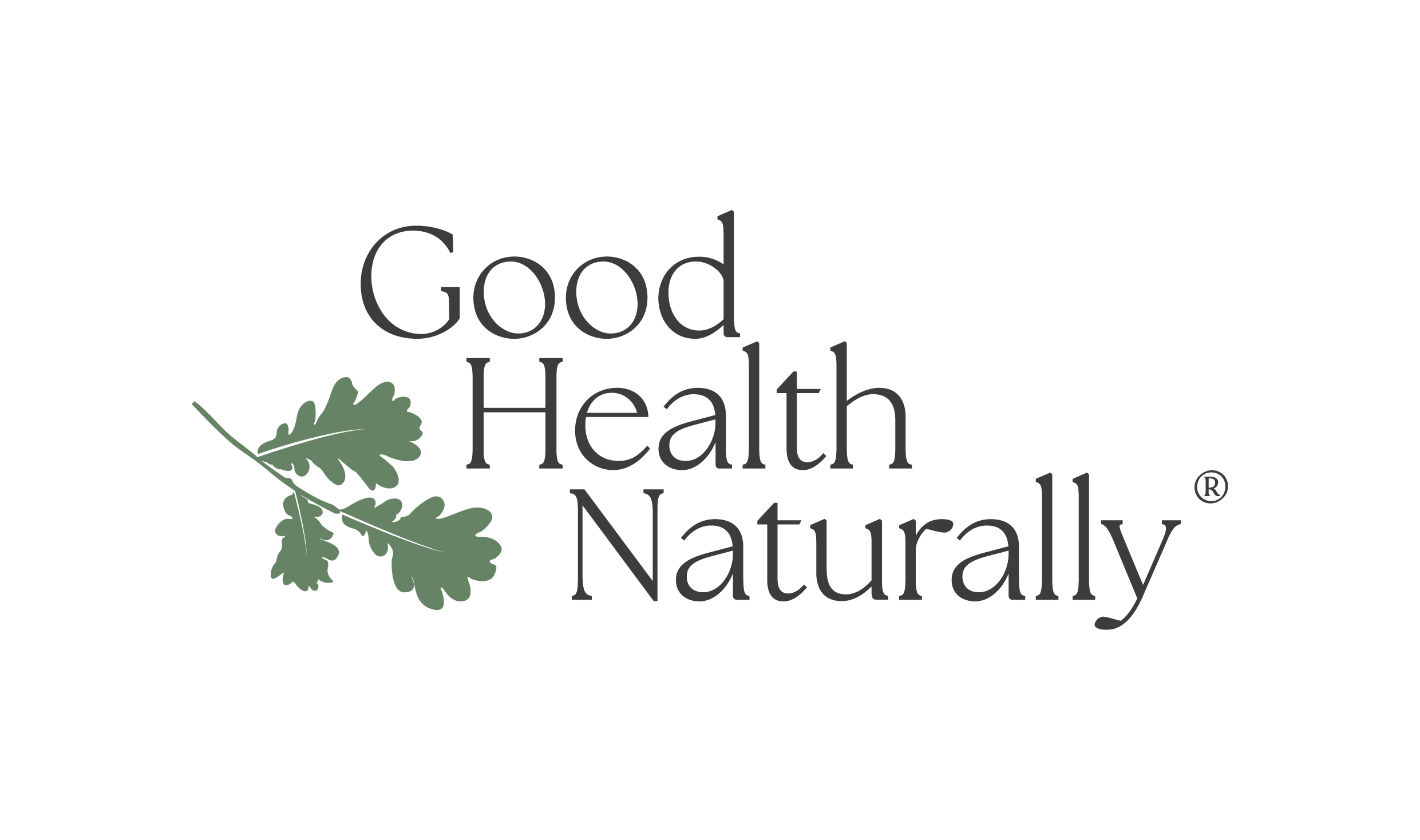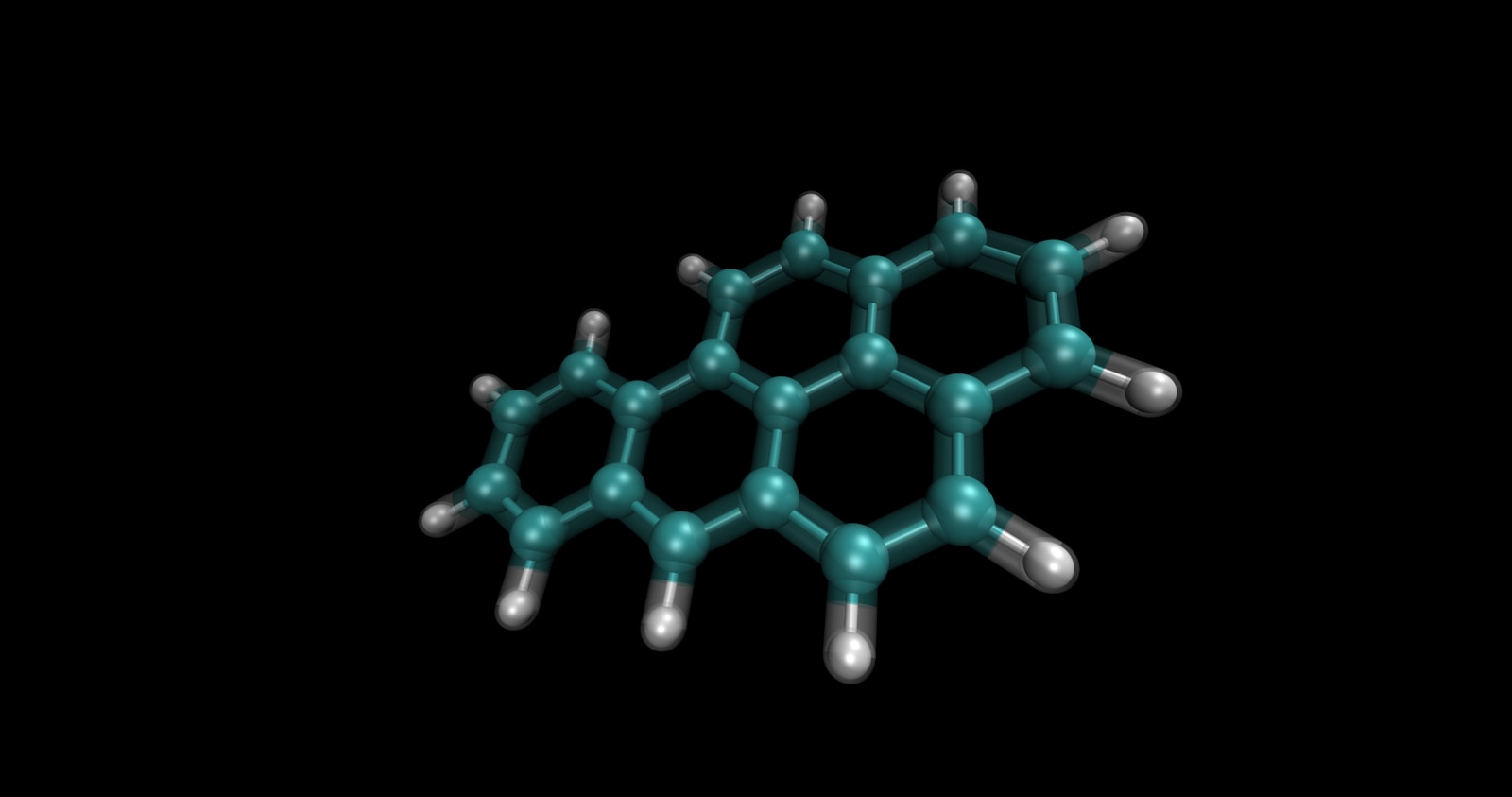Hair Loss – Nurturing Your Hair Naturally
Hair loss can be highly distressing. It can affect the scalp or the whole body, be temporary or permanent, and appear gradually or suddenly. Although it is more common in men, it can also affect anyone.
The experience of hair loss can vary widely. For example, alopecia involves a significant loss, usually on the head and face, and is considered an autoimmune issue. Others experience thinning on the top of the head or receding front hairline. This type of loss generally appears more gradually with ageing and hormonal changes. Some lose hair in circular or patchy bald spots on the scalp, beard or eyebrows. Others can experience a sudden loosening of the hair, where handfuls may come out when combing or washing hair. This change can be related to significant emotional stress or a sudden shock. Loss of hair around patches of scaling that spread over the scalp can be a sign of ringworm.
Just as the types of hair loss vary, so are the reasons. Common causes include genetics, hormonal changes, medical conditions or treatments, stress, emotional and physical shock, nutritional deficiencies leading to a compromised immune system, hair treatments, such as bleaching or dying, or even fungal infections.
What can you do to improve hair loss?
Despite the wide-ranging potential causes of hair loss, a natural approach can help make a difference. Supplementation can be an effective option, as we may need support to get all the required nutrients through food alone. Adding specific vitamins, minerals, and other nutrients can help address possible gaps that may be contributing to hair loss.
For example, women may sometimes have a higher requirement for particular vitamins and minerals, such as iron and B vitamins. These higher requirements are often due to factors such as heavy menstrual bleeding, age, or illness.
There is also some evidence that certain oils can help with hair loss. A 2015 study found that rosemary oil may be a valuable treatment for alopecia. Lavender oil is sometimes recommended to help reduce hair loss caused by stress, and tea tree oil has antimicrobial properties that can help hair loss caused by dandruff. All essential oils must be suitably diluted in an appropriate carrier oil before use. Other traditional oil-based remedies include castor oil for baldness and olive oil to help protect hair from damage and promote healthy growth.
There are also emotional issues to consider. For example, Traditional Chinese Medicine (TCM) considers the liver an organ that holds the emotions of anger and frustration. The liver’s associated energy channel, known as a meridian, runs up the side of the body across the top of the head and down the other side. Consequently, TCM concludes that excess energy running through that channel ‘burns off’ hair on the head. Therefore, good liver support and emotional clearing techniques to release pent-up anger and frustration can be helpful.
Stress can also be a factor in hair loss because it unbalances hormones. A common area to explore here is thyroid health, which may require further testing via a GP to rule out any issues.
What foods and supplements can be helpful?
Protein provides the building blocks for hair to grow. Ensure the diet includes quality protein-rich foods such as grass-fed meat, eggs, line-caught fish, tofu, beans, and nuts. The amino acid lysine may be particularly important for hair growth. You can supplement the diet with good quality sugar-free vegan protein powders, such as spirulina, chlorella, and other super greens, vegetables, sprouted seeds and amino acids.
Ensure you include plenty of healthy fats in your diet, such as avocados, nuts, seeds, chia seeds, hemp oil, olive oil, oily fish, etc. Choose a balanced omega-rich supplement such as sea buckthorn if dietary sources are low.
Adapting the diet to include iron-rich foods may also help with hair loss. These include red meat, liver, dark green leafy vegetables, beans, and lentils. If iron levels are low, look for an ionic iron supplement, which is easier to digest and absorb.
Biotin is an essential B vitamin for healthy hair, skin, and nails. It is often part of a B-complex or multivitamin/mineral product. Look for a sublingual liquid B-complex for best absorption.
A multivitamin is also helpful because it provides other vitamins and minerals, such as zinc, vitamin E, vitamin A and the other B complex vitamins that may contribute to hair loss when in low supply.
To support thyroid health and hormone balance, consider easily absorbed nascent iodine, which is especially effective when coupled with ionic selenium.
It is also essential to consider whether there are any underlying absorption issues. A digestive enzyme supplement can help ensure food and nutrients are adequately broken down and absorbed into the body. A quality probiotic will help support the maintenance of an ever important healthy gut microbiome.
Conclusion
The journey towards naturally addressing hair loss is complex and must consider internal and external factors. While individuals face various causes, several approaches can support hair health and promote regrowth.
Supplementation can play a key role in providing essential nutrients that may be lacking in the diet and which may contribute to hair loss. Attention to diet is necessary for nourishing the body from within, and prioritising protein-rich foods will help provide the required building blocks for healthy hair growth. Hormonal balance is crucial in addressing hair loss, as is maintaining a healthy gut microbiome and digestive system.
Finally, addressing emotional factors, such as stress and anger, is essential in maintaining overall well-being and supporting hair health. Practising stress-reduction techniques and emotional clearing can help alleviate the physiological effects of stress on the body, including its impact on hair loss.
Adopting a holistic approach that encompasses dietary adjustments, supplementation, and emotional well-being helps address hair loss naturally and promotes healthier, stronger hair growth.


